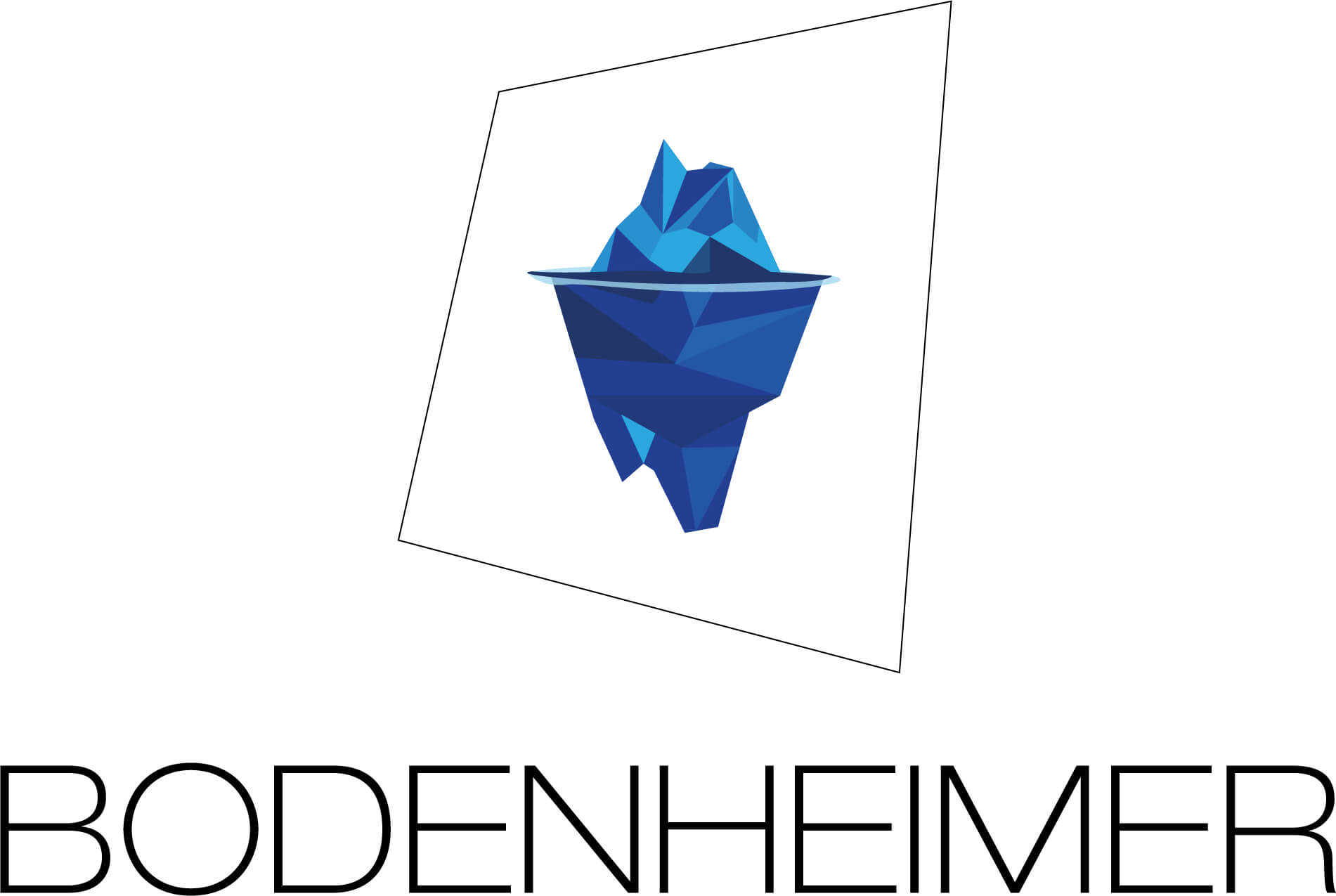
Arbitration is a fair and neutral dispute-resolution mechanism, allowing businesses to solve any controversies in a cost-effective manner. Arbitration enables parties to tailor the procedure to their specific needs. Among other features, parties may choose
- who will hear and decide on their dispute, allowing them to select business-savvy practitioners or experts;
- the applicable procedural and substantive rules allowing parties to avoid the need to retain counsel in remote jurisdictions;
- in what language the proceedings will be administered, allowing parties to save on translation costs;
- the place of arbitration and where the hearings will be held.
This enhanced flexibility is particularly useful in cross-border commercial cases.
With a spike in the preference of arbitration over litigation in the past few decades, the number of available arbitral institutions has also increased. These institutions act as managers and supervisors of the procedure, ensuring through their institutional rules that fundamental principles of procedural law (such as the right to be heard or the equal treatment of the parties) are respected.
Where the parties do not wish to involve an arbitral institution in their dispute, whether for saving on costs or in order to keep maximum levels of confidentiality, they may jointly decide to solve their dispute through the use of ad hoc arbitration. In these cases, where no arbitral institutions are involved, the parties are advised to take additional precautions in order to guarantee the efficient development of the proceedings and the respect for fundamental principles of procedural law.
While most arbitrations revolve around commercial disputes, arbitration is also the dispute-resolution mechanism of choice for international investment as well as sports disputes.
Arbitral awards, whether domestic or foreign, are enforceable under the auspices of domestic procedural law and international conventions, in particular the 1958 United Nations New York Convention on the Recognition and Enforcement of Foreign Arbitral Awards.
BODENHEIMER offer the experience of both the arbitrator’s and the counsel’s perspective. The team looks back on more than 60 arbitrator appointments and more than 150 cases as counsel. We routinely handle ad hoc and institutional proceedings and have extensive experience in both domestic and international arbitration.
Our arbitration practice covers commercial, investment, construction, corporate and sports arbitration, among others.
CONTACTS FOR THIS DISPUTE RESOLUTION METHOD:












